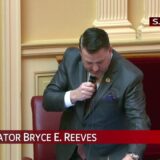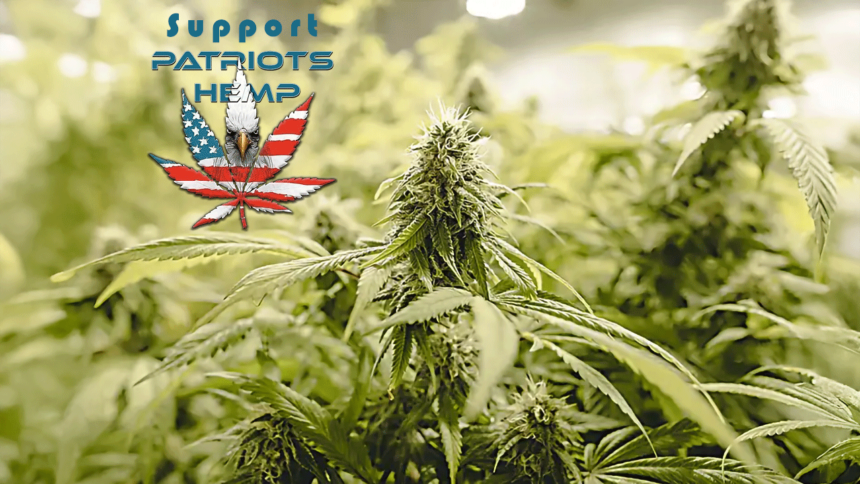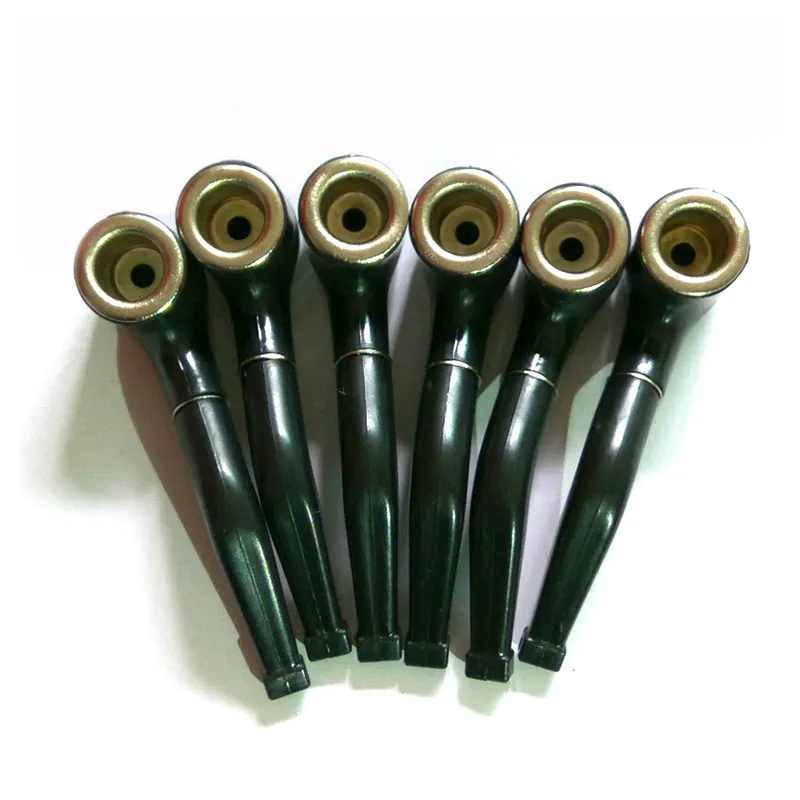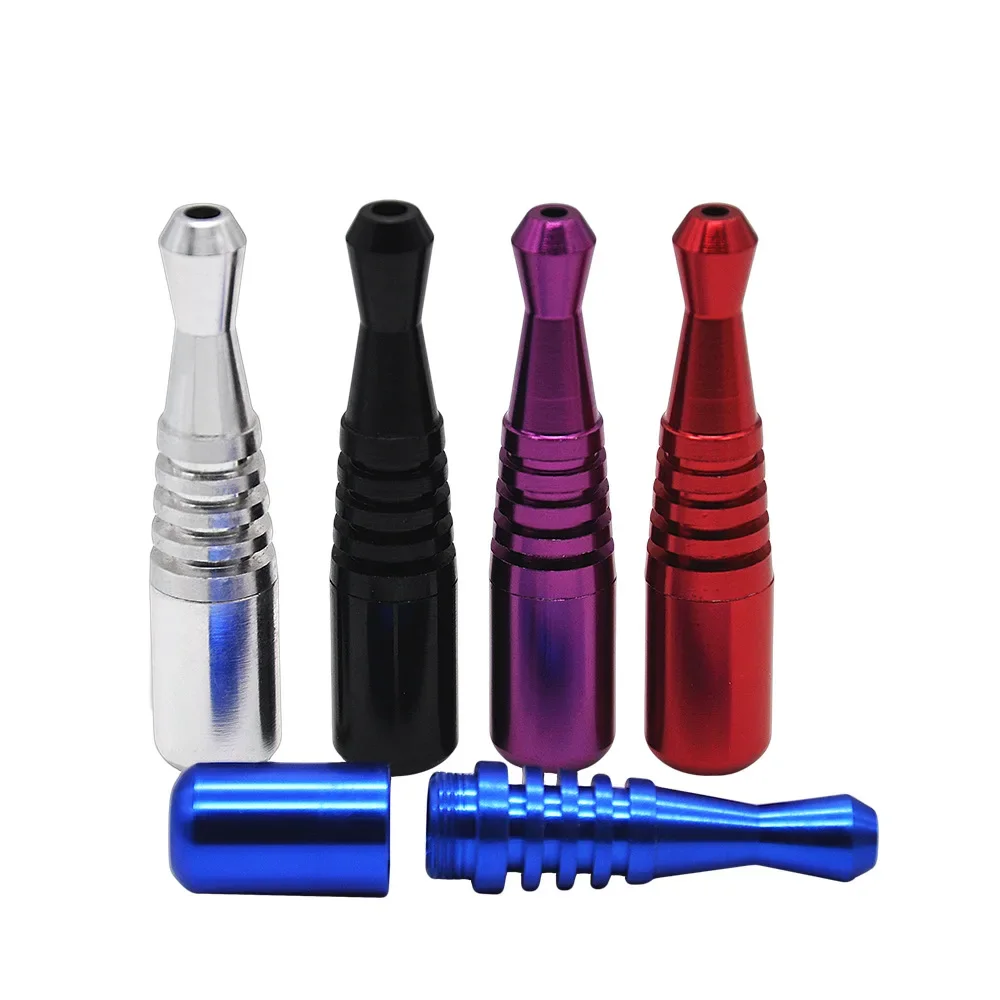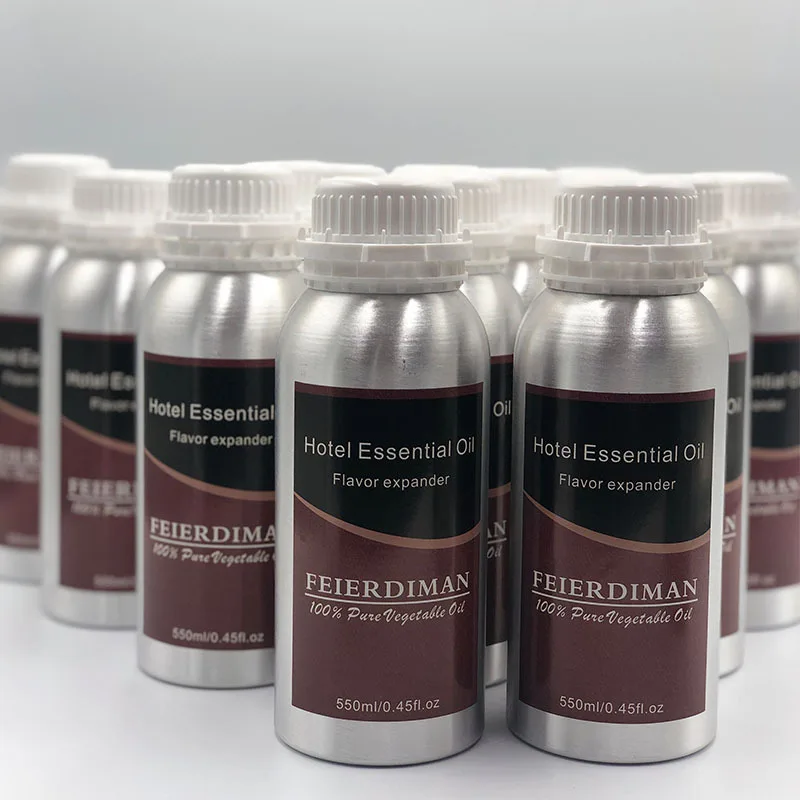Senators in Hawaii on Wednesday gave approval to a medical marijuana bill that would, among other changes, allow healthcare providers to recommend cannabis to treat any condition they believe it would benefit.
The full Senate chamber voted 24–1 to approve HB 302, from Rep. Gregg Takayama (D).
As introduced, the proposal would clarify that under state law, a medical marijuana recommendation would no longer need to be made by a doctor who had conducted “an initial in-person consultation” with a patient.
Last month, however, a pair of Senate committees amended the bill to effectively allow medical marijuana to be recommended for any condition that a doctor or advanced practice registered nurse (APRN) believes it would benefit. Currently providers can recommend marijuana to treat only those maladies on a specific state list.
The provision would redefine “debilitating medical condition” to mean “any condition determined by the certifying physician or advanced practice registered nurse to be appropriate for the medical use of cannabis.”
That would open the door to wider access for patients who might have conditions that stand to benefit from medical marijuana but whose ailments haven’t been specifically recognized by state officials.
Senate lawmakers did not discuss the bill ahead of Tuesday’s vote. The lone no vote came from Sen. Brenton Awa (R).
The move to allow healthcare providers to recommend medical cannabis to patients for any condition they see fit is in line with a plan announced last year by Gov. Josh Green (D) to expand access to marijuana in light of the legislature’s failure to pass recreational legalization measures.
“This would make it very available—that’s marijuana—for those who choose it in their lives,” the governor said in an interview, “and it would still keep kids safe, which has been everyone’s priority.”
At the same time, Green reiterated his support for full recreational legalization.
“I think for adults who can responsibly use marijuana, it should be legal,” he said.
The state Department of Health has taken issue with the medical marijuana expansion bill that is now advancing.
“While the Department supports allowing medical providers to use their professional judgment in diagnosing and treating patients,” it said in previous written testimony, “there is limited scientific evidence supporting the use of cannabis for conditions beyond those currently listed in statute. The Department is particularly concerned about potential risks to patient safety, including adverse drug interactions between cannabis and a patient’s existing treatment plan.”
To remedy those concerns, the department recommended an amendment stating that only a patient’s treating provider be authorized to certify patients for nonspecified conditions—a suggestion lawmakers have so far declined to take up.
Some reform advocates have raised concerns with other parts of the legislation, however. The Hawai’i Alliance for Cannabis Reform (HACR), for example, wrote to oppose what would be a new Class C felony for operating a dispensary without a license.
The group said in general, however, that HB 302 “would make it easier for Hawaiʻi residents who could benefit from medical cannabis to consult with a knowledgeable provider, qualify for and enroll in the state’s medical cannabis program, and purchase lab-tested medicine.”
With the Senate’s passage, the bill next returns to the House, where lawmakers will consider the Senate amendments—including the provision expanding qualifying conditions.
Karen O’Keefe, director of state policies at the advocacy group Marijuana Policy Project, urged representatives to sign off on the change.
“Although the Hawai’i House of Representatives let down voters by failing to legalize cannabis, it has an opportunity to make important progress on medical cannabis,” she told Marijuana Moment in an email. “The House should follow the Senate’s lead and allow practitioners to certify patients with any medical condition for medical cannabis.”
O’Keefe noted that with typical pharmaceuticals, physicians can already prescribe medications off-label, for conditions they aren’t approved to treat.
“Doctors are allowed to prescribe far more dangerous drugs ‘off-label’” than marijuana, she wrote. “They should be similarly entrusted to advise their patients on whether they could benefit from cannabis.”
Meanwhile a bill that would create a two-year pilot program to support clinical research into psychedelic-assisted therapies, including substances such as psilocybin and MDMA, is also advancing in the legislature.
Lawmakers also recently sent a bill to the governor that would help speed the expungement process for people hoping to clear their records of past marijuana-related offenses.
That measure, HB 132, from Rep. David Tarnas (D), would expedite expungements happening through a pilot program signed into law last year by Gov. Josh Green (D). Specifically, it would remove the distinction between marijuana and other Schedule V drugs for the purposes of the expungement program.
The bill’s proponents say the current wording of the law forces state officials to comb through thousands of criminal records manually in order to identify which are eligible for expungement under the pilot program.
Separately, Hawaii’s Senate back in February narrowly defeated a separate proposal that would have increased fivefold the amount of cannabis that a person could possess without risk of criminal charges. The body voted 12–11 against the decriminalization measure, SB 319, from Sen. Joy San Buenaventura (D).
Had the measure become law, it would have increased the amount of cannabis decriminalized in Hawaii from the current 3 grams up to 15 grams. Possession of any amount of marijuana up to that 15-gram limit would have been classified as a civil violation, punishable by a fine of $130.
A separate Senate bill that would have legalized marijuana for adults, meanwhile, stalled for the session. That measure, SB 1613, had yet to make it out of its current committee despite a legislative deadline last month.
While advocates feel there’s sufficient support for the legalization proposal in the Senate, it’s widely believed that House lawmakers would ultimately scuttle the measure, as they did last month with a legalization companion bill, HB 1246.
Some observers pointed out that there may still be legislative maneuvers available to revive the Senate legalization bill this session, though it’s unclear whether lawmakers will pursue them.
Last session, a Senate-passed legalization bill also fizzled out in the House.
The House vote to stall the bill came just days after approval from a pair of committees at a joint hearing. Ahead of that hearing, the panels received nearly 300 pages of testimony, including from state agencies, advocacy organizations and members of the public.
Meanwhile, legislation is advancing this session to allow healthcare providers to recommend cannabis to treat any condition they believe it would benefit, instead of only those maladies on a specific list, as is the case under current law.
Separately, the House Committee on Labor in January unanimously voted to advance legislation that would protect state-registered medical marijuana patients from discrimination in the workplace. That bill, HB 325, has not yet been taken up in the Senate.
This past fall, regulators solicited proposals to assess the state’s current medical marijuana program—and also sought to estimate demand for recreational sales if the state eventually moves forward with adult-use legalization. Some read the move as a sign the regulatory agency saw a need to prepare to the potential reform.
Hawaii was the first U.S. state to legalize medical marijuana through its legislature, passing a law in 2000.
Photo courtesy of Mike Latimer.



